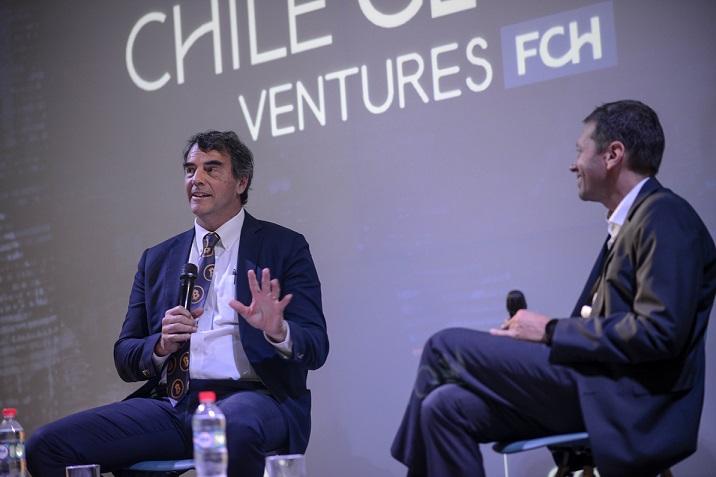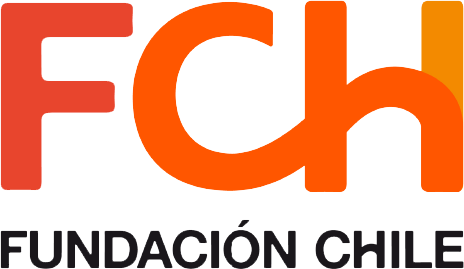
Tim Draper was interviewed by the institutional relations manager of Fundación Chile, Leah Pollak, during his visit to Chile, organised by Manutara Ventures. The successful Silicon Valley investor, known for his ventures in Hotmail, Skype, Tesla and other startups during their early stages, talked about business strategies, his impression of Chile and his foray into the world of education.
Leah Pollak: What did you like the most about Chile?
Tim Draper: One of the things that has impressed me the most is that the President, Sebastián Piñera, is rolling out the red carpet in Chile to generate business and it shows. The country is shining: I walked through the streets of Santiago in the middle of the night and saw great dynamism, people working and being kind to each other. I was impressed not to see any homeless people; our situation in San Francisco is critical, you can see one on each corner. I am also surprised to see so much negative reaction to this government when good things are being done which are not being recognised by the people.
Regarding the venture capital industry, I am excited to see what is happening in Chile. It is very good to see what Start-Up Chile is doing and, in general, regarding entrepreneurship, I love the spirit. There is a good focus on education: investment in technical and scientific education is what will position Chile as a country, not only a good one, but excellent, that is, one of the best countries in the world. Chile is attracting immigrants, which is one of the factors that benefited the economic growth of the United States for many years and that will make this country have the best and smartest professionals, who come here looking to escape from bad situations. They will do great things, this is how my country was built. Immigration is what made the United States the great country it is today.
LP: Let’s talk about investment strategies.
TD: My investment strategy has evolved over time. When I started in this industry I was experimenting, and you could say that I am still doing it. But what I’m really looking for when investing is extraordinary people, and the question I always ask myself when on a new project is “what would happen if this really works out and how incredible would that be?” That is what determines my investment: how great it would be for the world if this entrepreneur was successful. When I ask myself that question, I lose interest in 50% of the startups that are presented to me, but the other half is presented to me as extraordinary.
LP: What do you first look at when investing: the startup or the entrepreneur?
TD: In general, in my experience, I can determine if an entrepreneur is going to dedicate 100% to his startup or not. I think that the fact that an entrepreneur is willing to put the project ahead of him and devote himself to the maximum is a plus. The other thing I look at is whether the entrepreneur thinks big to get what he wants.
The best way to break into an industry is to go in with disruptive technology to solve vicious habits and implement a business model that can fit within that industry.
LP: We know that you are passionate about venture capital, but you have also developed a passion for education. How did you get into that world?
TD: I got into the world of education by chance. I bought a hotel and thought I could use it as a boarding school and my son came up with the idea of a school. And when I get an idea in my head, it starts to expand. That’s when it occurred to me to do a school for entrepreneurs. I realised that we need entrepreneurs, we need more heroes, we need people who are willing to do the extraordinary, take that opportunity and fail tirelessly until they succeed. After this bet I was pleasantly surprised, because the model works. We have hundreds of students from 76 different countries who have started 350 companies and have been a great source of dealflow for us. Hundreds of businesses that I have closed are former students of Draper University.
A positive collateral consequence of having created the university is that the value of the properties around it has increased by 5X in the last six years, which has generated a very rich ecosystem.
Our programs consist of five-week pre-acceleration and acceleration courses, in the spring, summer and autumn. During those five weeks we prepare the future change agents, so that in two or three months they can start their businesses. Our mission is to turn them into heroes.



